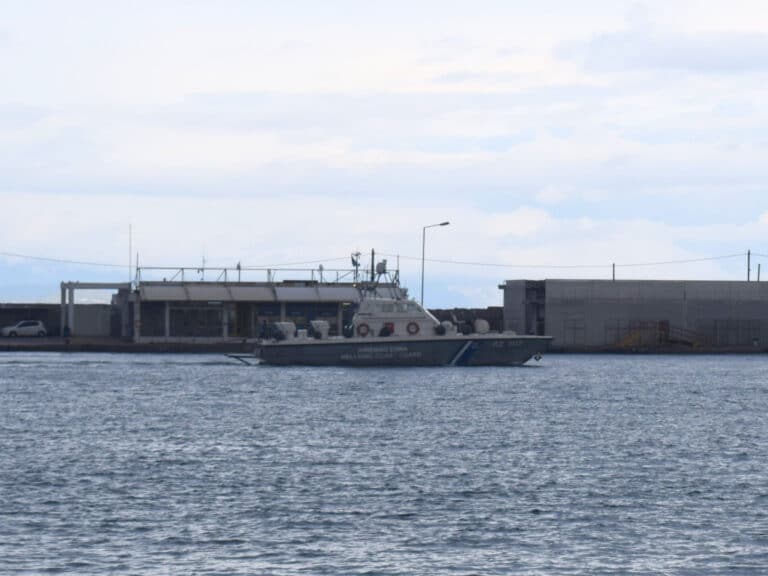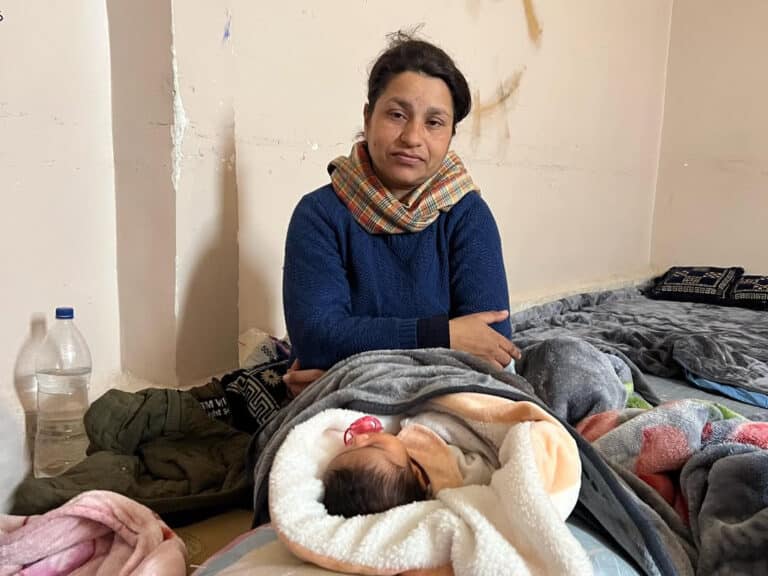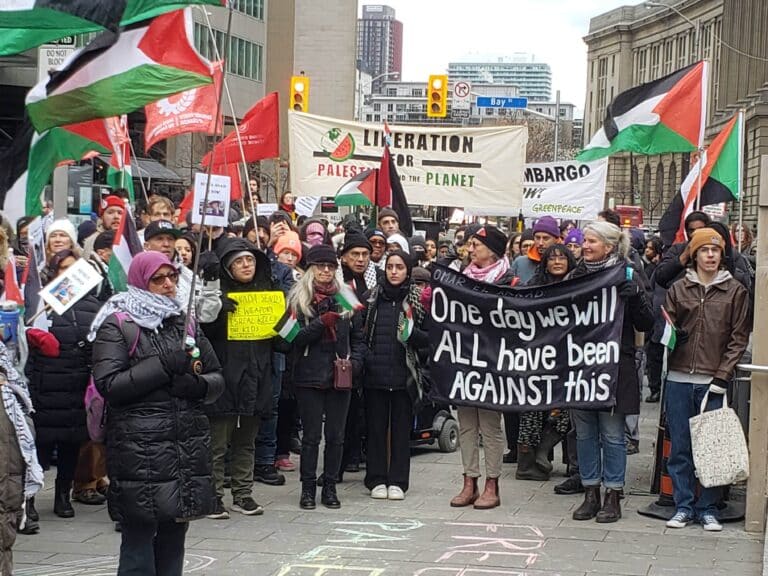Al Khalil/Hebron is a city of history. Although not as well-known as Jerusalem, Hebron is the traditional birthplace of all Abrahamic faiths. Tradition holds that it was the site of Abraham’s first purchase of land after he had left Mesopotamia and that the Cave of the Patriarchs in the heart of the Old City lies on the burial cave of Abraham and his family. Even today, ancient history plays a key role in the city’s present circumstances. Caught between different narratives of the past, Hebron is an embattled city. Ideas of Hebron’s ancient and distant past shape how the Israeli occupation and settler-colonial project continue to be carried out and intensified in the city. However, there is more to Hebron’s history than the far-off past of Father Abraham and King David.
I have never been to a city where the memories of the more recent past are as apparent and palpable as in Hebron. The memories of Hebron before the 1967 war are everywhere. The Old City’s souks are dripping with history and memory. The busy workshops making glass and ceramics preserve cultural practices, and the family homes write memoirs of ten generations. The sacred mosques and the olive presses, the cobbled streets and old vegetable markets. Even the buildings no longer owned by Palestinians, behind barbed wire and barricades in the Old City, tell a story of what was. Every elder has stories of what life was like in Hebron before the occupation. Before the settlements, the barbed wire, the restricted streets, and the soldiers.
Memory is an invaluable thing. It reminds one of what has been. It shows us that what currently is, is not what must be. The memories of Hebron that are alive in the bricks and streets and in the people of the city show us that occupation is not the natural state of Hebron. Occupation is not an inevitability. Hebron existed long before the occupation, and the city and its people will outlast it.
Let us pray for the people of Hebron to never forget their history. Let us pray that the memories of Hebron before the occupation are kept alive. Let us pray for the work of historical preservation in the Old City and for the work that organizations, academics, and journalists do in recording the stories of Hebron’s elderly. The past reveals that apartheid and oppression are not how Hebron has always been and shows us that it need not be in the present or future. Let us pray that the flickers of the past will be a guiding light to the city’s future and for all of Palestine.




